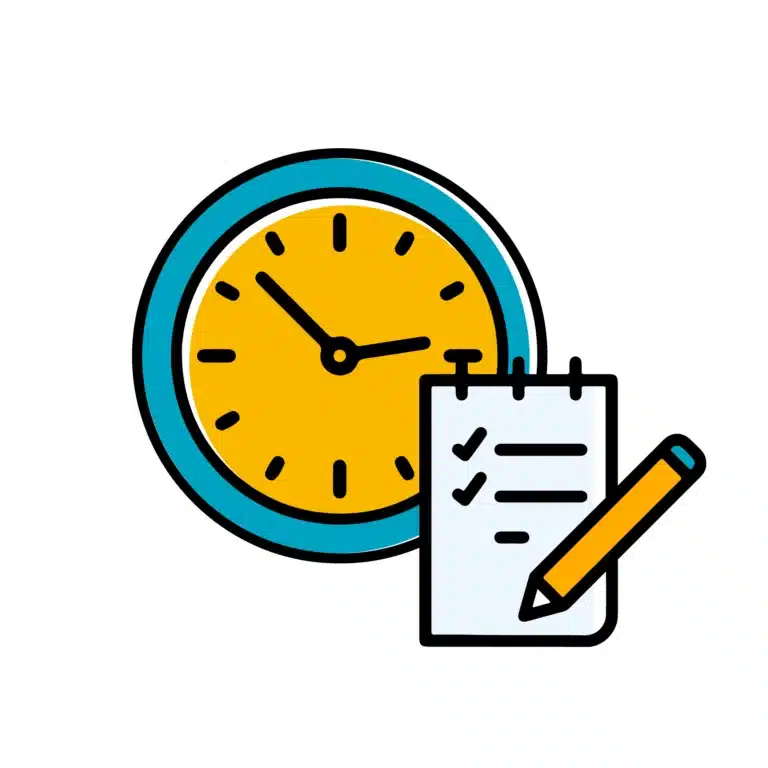For those in the back offices and on the frontlines of credit unions, time is often a precious commodity. The struggle to manage it is an ever-present challenge. Here’s the reality: There are only 168 hours in a week – a stark reminder that time is finite and demands careful consideration.
The essence of time management lies in priority management. It’s not a matter of lacking time; it’s about what we prioritize. Let’s reflect on what truly matters and allocate time accordingly, so that we can master our minutes and conquer the chaos.
Measure and Reflect
A daily routine is a powerful tool for managing time effectively. Take a personal inventory of how you spend your time for at least a week (go two or more if you want to factor in more variables). You can create a timesheet on paper, use Excel or Google Sheets, or download a time-tracking software. Count the hours spent on different scheduled activities, and then ask yourself:
- Did I prioritize my time based on importance rather than urgency? Urgency relates to time sensitivity, while importance pertains to the impact of the task.
- Was the time spent on each task justified?
- If I allocated time elsewhere, how might it create better outcomes for myself, members, and teammates?
- How was my day disrupted, and did it lead to “lost time”?
Reflection is the compass that guides your journey toward mastering time.
Create an Ideal Week
Map out your days, allocating specific time blocks to essential tasks. Remember: Time is not managed, priorities are. By structuring your days with purpose, you take control of your schedule rather than letting it control you.
Note well: An ideal week is a blueprint, not a rigid plan. Regularly evaluate where your time is spent – after the first two weeks, ninety days, six months, and one year. Adjust, refine, and celebrate the victories, no matter how small.
Eliminate Time Wasters
- Are those long meetings truly necessary? And, if they are (and they very well could be), how could they be more efficient? What can you do personally to make them more valuable?
- What tasks can be automated, freeing you from repetitive, time-consuming activities? By leveraging technology wisely, you can take that time and focus on more important things.
- What can be delegated? Too often we tell ourselves, “I’ll just do it.” We should remember the proverb, “Give a man a fish, you feed him for a day, but teach a man to fish, and you feed him for a lifetime.”
- Am I drawn to mundane activities? Sometimes we fall into the trap of doing simple tasks that require less effort because it’s the quickest way to get a dopamine rush – that feeling of accomplishment.
End Your Day by Preparing for the Next
To prevent burnout, establish a shutdown ritual. Check your appointments and to-do list for tomorrow. Examine what happened today, including peaks and slumps in energy levels that impacted productivity. Rather than rushing out the credit union’s doors at closing, take 30 minutes every day to review your day and plan for the next. Your efficiency and focus will soar when you do.
For credit unions, time can either be your greatest adversary or your best ally. The key takeaway is clear: To enhance productivity within your credit union, you must take the TIME to do so.








